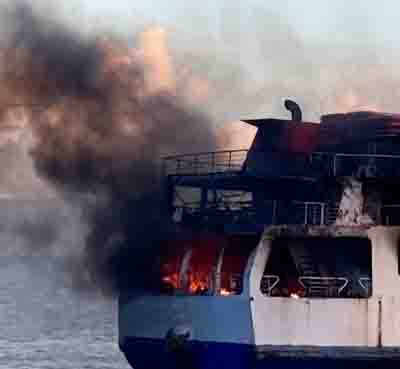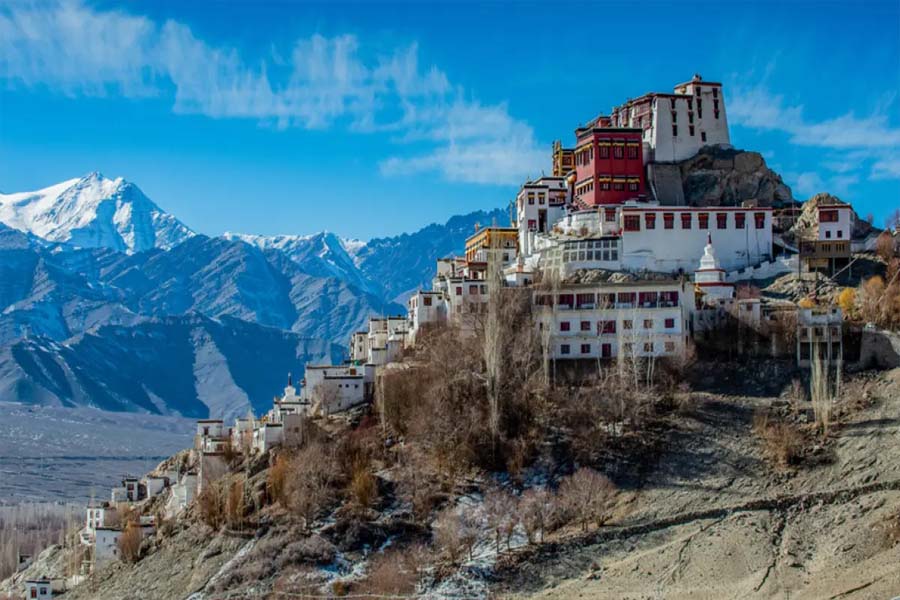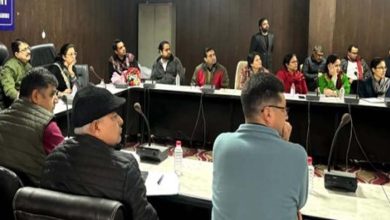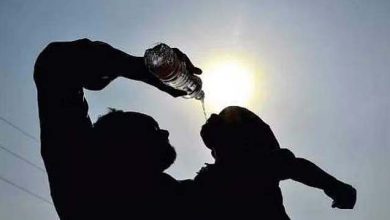2 premature babies die at Gaza hospital due to power cuts

JERUSALEM: Two premature babies have died due to power cuts at Gaza’s largest hospital, Physicians for Human Rights Israel said Saturday citing doctors there, as fighting rages around the Al-Shifa complex.
“As a result of the lack of electricity, we can report that the neonatal intensive care unit has stopped working. Two premature infants have died, and there is a real risk to the lives of 37 other premature infants” at Al-Shifa hospital, the Israeli doctors’ group said in a statement.
No fuel has entered Gaza in more than five weeks of war, prompting multiple hospitals and clinics relying on generators to shut down.
“The hospital is besieged, with no option to bring in the corpses and injured people sprawled outside. There is no movement in or out of the hospital,” Physicians for Human Rights Israel said.
The Israeli military has denied there is a siege at the hospital, where thousands of residents have taken shelter, as troops battle Palestinian militants in the area.
Heavy gunfire and explosions were heard throughout Saturday from AFP’s live camera, situated a few hundred metres from Al-Shifa hospital.
“The picture we are now seeing at Shifa is no longer of a humanitarian catastrophe — it is a collective death sentence,” Physicians for Human Rights Israel said.
Gaza’s main Shifa hospital goes dark in intense attacks that put Israel at odds with allies
Israel’s prime minister pushed back Saturday against calls from Western allies to do more to protect Palestinian civilians, as troops encircled Gaza’s largest hospital where doctors said five patients died, including a premature baby, after the last generator ran out of fuel.
Israel has portrayed Shifa Hospital as Hamas’ main command post, saying militants were using civilians as human shields there and had set up elaborate bunkers underneath it. In recent days, fighting near Shifa and other hospitals in the combat zone of northern Gaza has intensified and supplies have run out.
“There is no electricity. Medical devices stopped. Patients, especially those in intensive care, started to die,” said Mohammed Abu Selmia, the director of Shifa, speaking by phone over the sound of gunfire and explosions.
Abu Selmia said Israeli troops were “shooting at anyone outside or inside the hospital,” and prevented movement between the buildings in the compound.
The claim that Israeli troops were the sole source of fire could not be verified independently. Asked about reports of troops firing into the Shifa courtyard, Peter Lerner, an Israeli military spokesman, would only say that troops are “in the midst of ongoing intense fighting against Hamas in the vicinity of the area in question.” He said the military takes all feasible measures to prevent harm to civilians.
Five patients died after the generator shut down, including a premature baby, said Medhat Abbas, a spokesman for the Health Ministry. He said Shifa had cared for 37 premature infants in total.
Israel has been opening the main road leading south each day for several hours to allow civilians to flee. On Saturday, the military for the first time announced a brief pause in combat as part of an evacuation window, specifically naming the urban refugee camp of Jabaliya next to Gaza City.
Prime Minister Benjamin Netanyahu said the responsibility for any harm to civilians lies with Hamas, repeating long-standing allegations that the militant group uses civilians in Gaza as human shields. He said that while Israel has urged civilians to leave combat zones, “Hamas is doing everything it can to prevent them from leaving.”
His statement came after French President Emmanuel Macron pushed for a cease-fire and urged other leaders to join his call, telling the BBC there was “no justification” for Israel’s ongoing bombing.
Following Hamas’ deadly October 7 attack on Israel, in which at least 1,200 people were killed, Israel’s allies have defended the country’s right to protect itself. But now into the second month of war, there are growing differences in how many feel Israel should conduct its fight.
The US has been pushing for temporary pauses that would allow for wider distribution of badly needed aid to civilians in the besieged territory where conditions are increasingly dire. However, Israel has so far only agreed to the brief daily periods during which civilians are able to flee the area of ground combat in northern Gaza and head south on foot along the territory’s main north-south artery.
Since these evacuation windows were first announced a week ago, more than 150,000 civilians have fled the north, according to U.N. monitors. On Saturday, the military announced a new evacuation window, saying civilians could use the central road and a coastal road. Tens of thousands more remain in northern Gaza, many sheltering at hospitals





